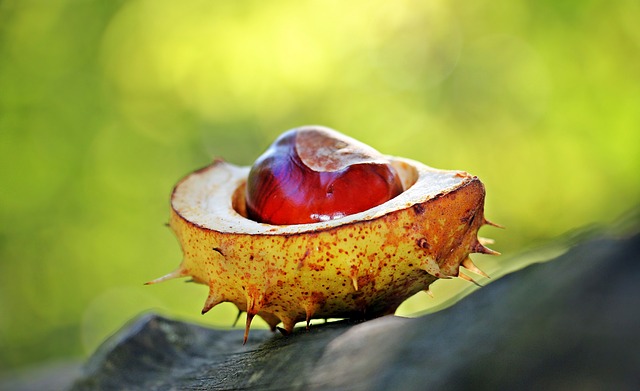Probiotics vs Prebiotics: What’s the Difference and Why Does It Matter?
If you’ve ever walked down the aisle of a health food store, you’ve most likely seen a variety of probiotics and prebiotics being sold. While these terms might sound similar, they are actually two different things that provide unique benefits to our bodies. In this blog post, we’ll explore the differences between probiotics and prebiotics and why they are important for our health.
What are Probiotics?
Probiotics are living microorganisms that are beneficial to our health, especially our digestive system. These microorganisms are often referred to as “good” or “friendly” bacteria because they help to balance the bacteria in our gut. Probiotics can be found in a variety of foods, including yogurt, kefir, kimchi, sauerkraut, and miso.
Research has shown that probiotics can help to improve digestive health by reducing symptoms of irritable bowel syndrome (IBS), inflammatory bowel disease (IBD), and diarrhea. Probiotics can also help to boost our immune system by promoting the growth of healthy gut bacteria, which in turn, can reduce the risk of infections and allergies.
It’s important to note that not all probiotics are created equal. Different strains of bacteria have different health benefits, and it’s important to choose a probiotic supplement that contains the specific strain(s) that will benefit your body the most.
What are Prebiotics?
While probiotics are live microorganisms, prebiotics are a type of fiber that our bodies cannot digest. Instead, prebiotics serve as food for the good bacteria in our gut, allowing them to grow and thrive. Prebiotics can be found in a variety of fruits, vegetables, and whole grains, including bananas, onions, garlic, oatmeal, and barley.
Research has shown that prebiotics can help to improve digestive health by supporting the growth of healthy gut bacteria. Prebiotics can also help to reduce inflammation in the gut and improve the absorption of nutrients.
Probiotics vs Prebiotics
So, what’s the difference between probiotics and prebiotics? The main difference is that probiotics are live microorganisms, while prebiotics are a type of fiber. Probiotics are beneficial because they help to balance the bacteria in our gut and promote a healthy immune system. Prebiotics are beneficial because they serve as food for the good bacteria in our gut, allowing them to grow and thrive.
While prebiotics can be found naturally in certain foods, probiotics are often consumed in supplement form. Additionally, probiotics can be destroyed by heat, so it’s important to choose foods that have not been heated or pasteurized, or to take a supplement that is specially formulated to withstand heat.
It’s also important to note that while probiotics and prebiotics can provide health benefits on their own, they are even more effective when consumed together. Consuming probiotics and prebiotics together can help to create a healthy balance of bacteria in our gut and improve our overall health.
Conclusion
Probiotics and prebiotics are both important for our digestive and immune health. Probiotics are live microorganisms that help to balance the bacteria in our gut and promote a healthy immune system, while prebiotics serve as food for the good bacteria in our gut, allowing them to grow and thrive.
The best way to get probiotics and prebiotics is through a healthy diet that includes plenty of whole foods such as fruits, vegetables, and whole grains. However, if you’re not getting enough probiotics and prebiotics through your diet, supplements are available to help fill the gap.
Remember, not all probiotics are created equal, so it’s important to choose a supplement that contains the specific strain(s) that will benefit your body the most. Additionally, probiotics can be destroyed by heat, so it’s important to choose foods that have not been heated or pasteurized, or to take a supplement that is specially formulated to withstand heat.
By consuming probiotics and prebiotics together, you can create a healthy balance of bacteria in your gut and improve your overall health. So the next time you’re at the health food store, consider picking up some probiotics and prebiotics to give your gut a boost!







